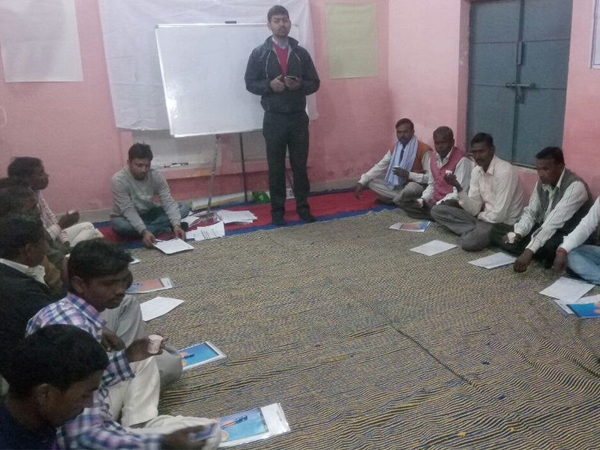HCL Samuday intends to ensure that every child has access to quality education in an effective learning environment, and all villagers have functional literacy. This is being achieved by a host of interventions.
First, we have ICT-based initiative SHIKSHA and community mobilisation based intervention Transition that is striving to make quality education accessible to all by helping teachers deliver better the state education curriculum coupled with increase in enrolment and attendance rates of students resulting in augmentation of their analytical skills and learning capacities. Then, Happy School intervention takes care of availability of the necessary infrastructure and its optimal utilisation for making sure that an effective learning environment exists. Finally, SHIKSHA+ intervention is efficiently taking on the battle for eradicating illiteracy.
Key Interventions
- Happy School
- Sakshar Samuday
- Strengthening Panchayati Raj Institutions (PRIs)
Happy School
Happy School
With Happy Schools, the primary objective is to ensure conducive environment for all stakeholders associated with school education. The underlying belief is that happiness allows individuals to meaningfully engage to the fullest. This intervention makes access to quality primary and upper primary school education possible in rural areas by use of technology and innovative means of engagement. Targeted at holistic improvement in school education, it is creating an integrated learning environment.
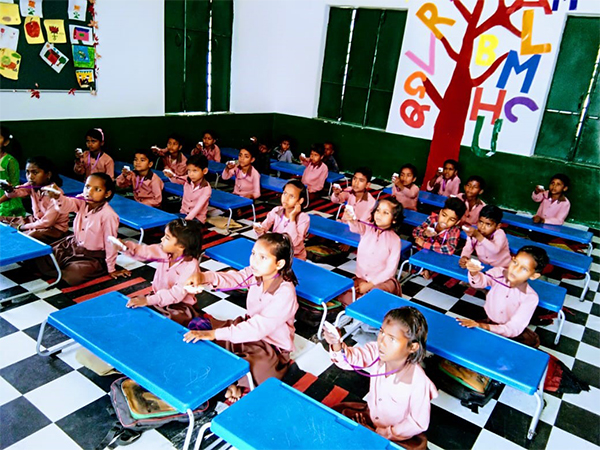
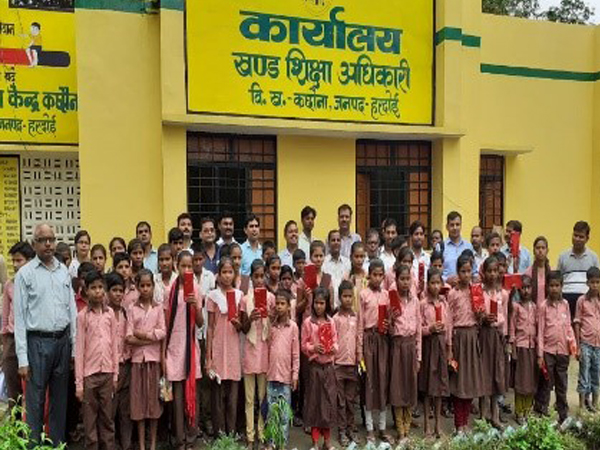
Development of school infrastructure and improvement in facilities like sitting arrangement, sports equipment, library, drinking water and toilets, etc., in convergence with Gram Panchayats, is the key action point under Happy School intervention. This is supplemented with preparation of School Development Plan (SDP) and further linked to Gram Panchayat Development Plan (GPDP). Finally, by introducing technological solutions to ensure ICT-enabled classroom, along with training of teachers and capacity building of community members, school education ecosystem strengthens with an increased focus on child development and participation. More than 55,000 students from 387 Primary and 130 Upper-primary schools are benefitting from the intervention.
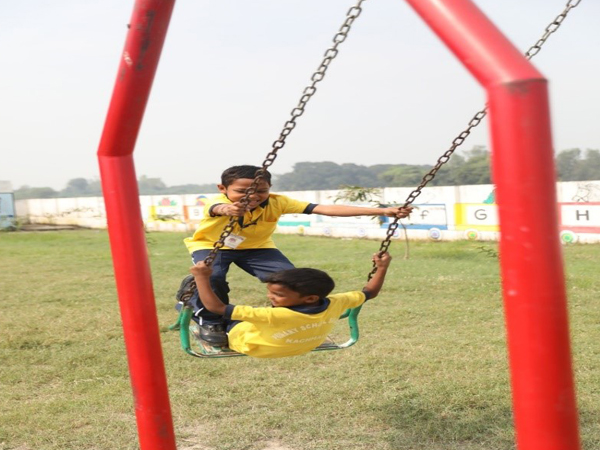
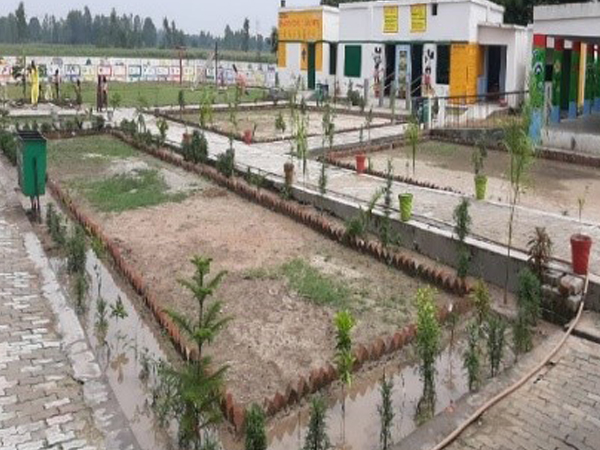
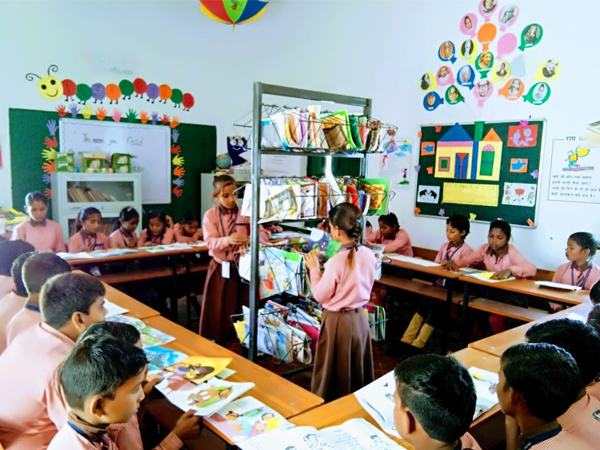
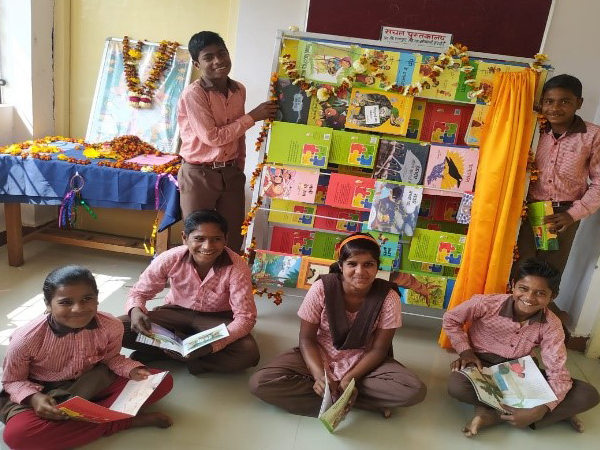
As part of E-learning initiative under this intervention, a repository of more than 1,000 small videos and stories mapped with month-wise textbook curriculum and expected learning outcomes from different Open Educational Resources has also been created.
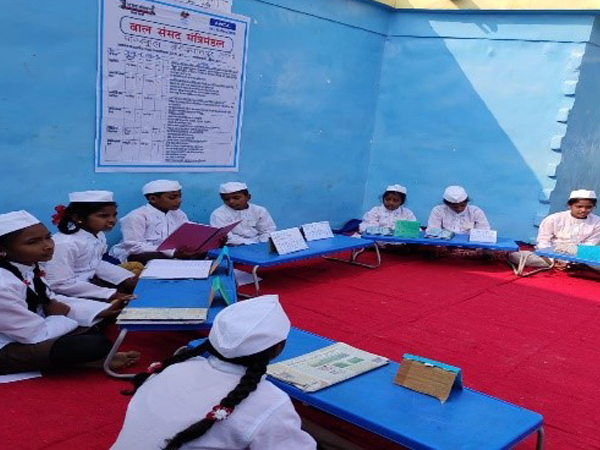
Sakshar Samuday
Illiteracy acts as hindrance for individuals in all aspects of their lives. To ensure holistic development, HCL Samuday works on adult literacy with target of achieving 100% functional literacy in the work area.
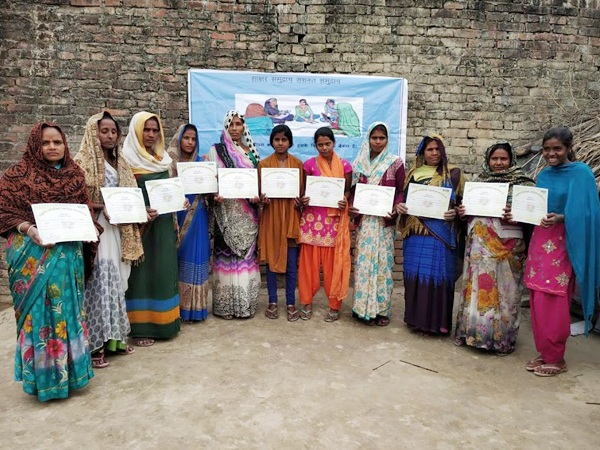
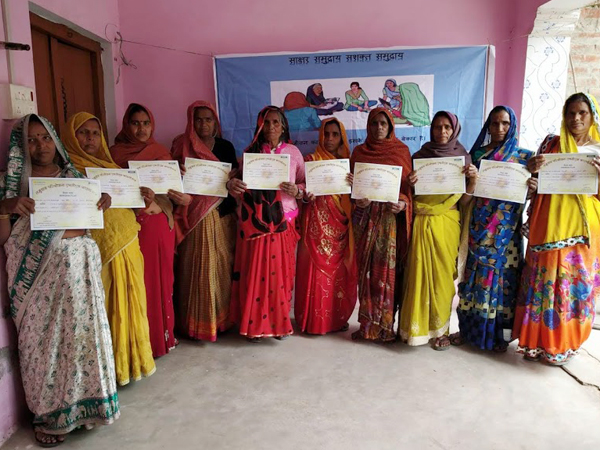
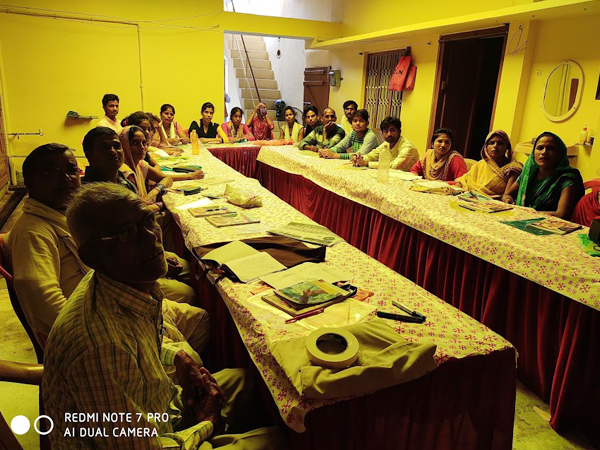
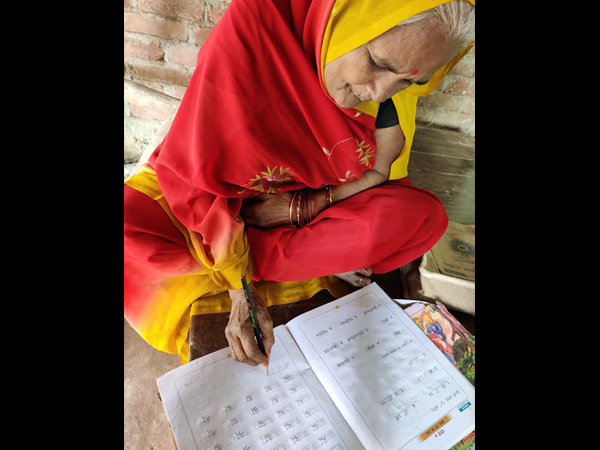
Sakshar Samuday – the adult literacy intervention began in 2017 with a group of 15 women. Semi-educated youth from villages, who are willing to act as instructors, are selected and trained to become Community Literacy Volunteers (CLV). The CLVs then use ICT-based modules to guide batches of learners and are paid a nominal incentive for their services. The learners are continually assessed throughout the 4-month program which ensures attainment of basic reading, writing and arithmetic skills. They are also encouraged, after completion of course, to participate in the Basic Literacy Assessment held by NIOS-NLA. So far more than 68,000 adult men and women have benefitted from this intervention.
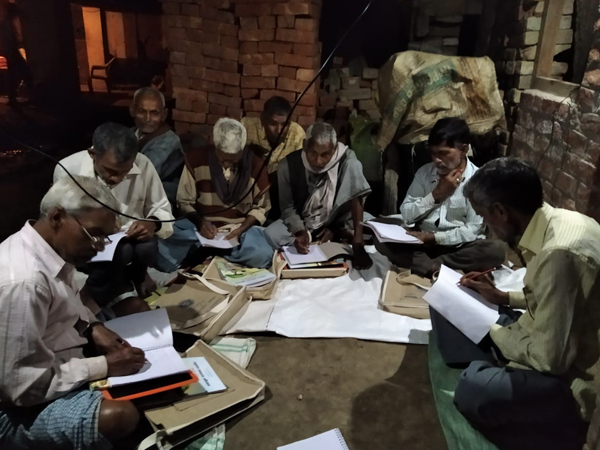
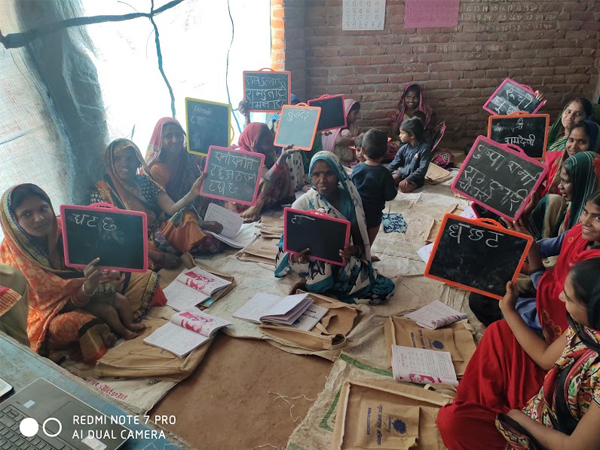
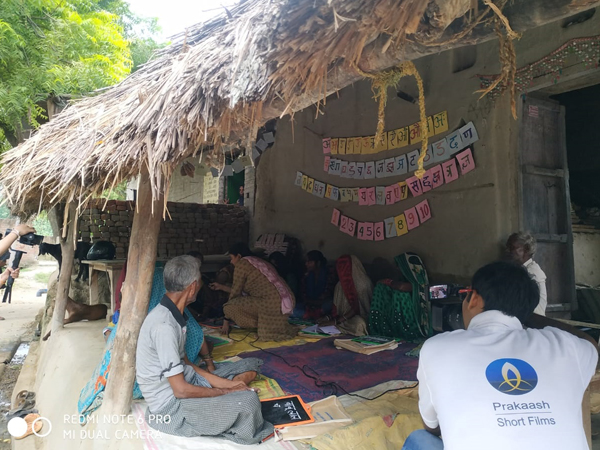
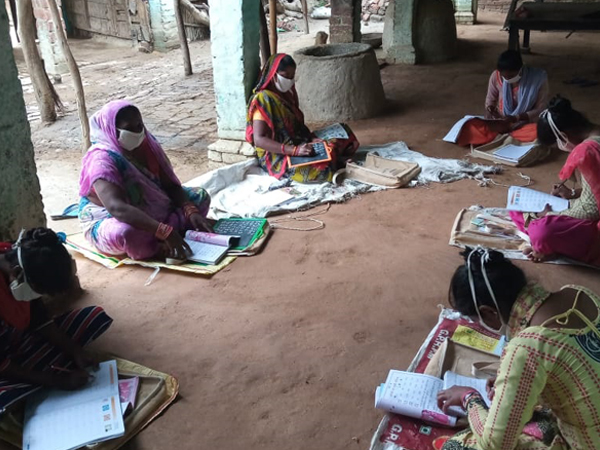
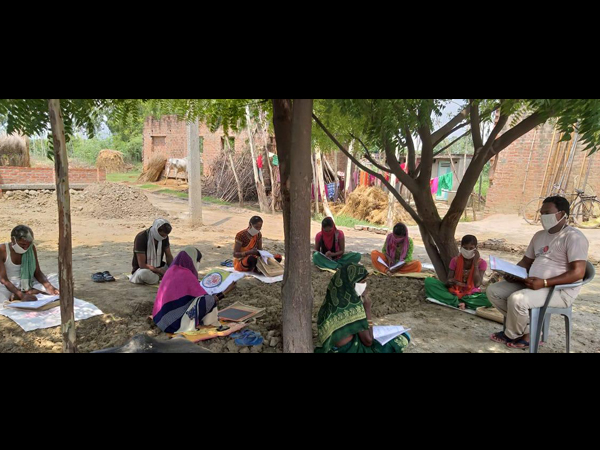
Strengthening Panchayati Raj Institutions (PRIs)
Institutional strengthening of Gram Panchayats is important for strengthening local self-governance at the grassroots and supporting various interventions targeted at holistic development of villages. HCL Samuday focusses on the following for strengthening Panchayati Raj Institutions (PRIs) and thereby developing Smart Villages –
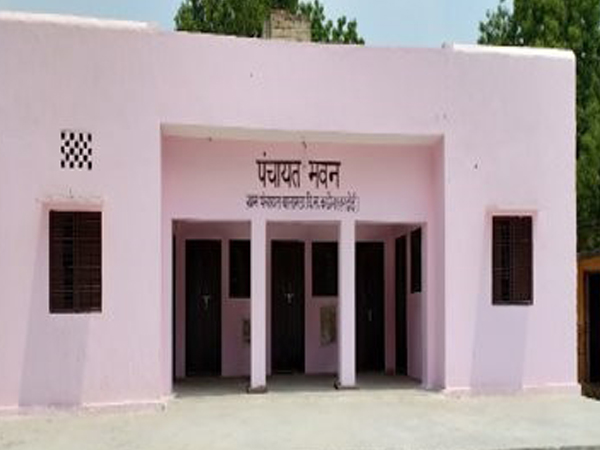
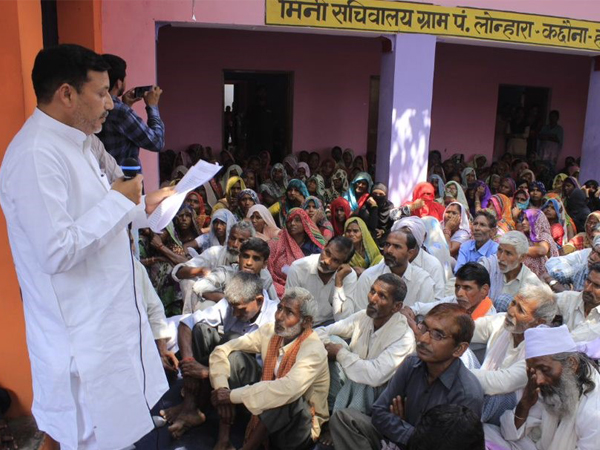
Functional Gram Panchayat Secretariat: The aim here is to make Gram Panchayat Bhawans function as secretariat of local governance. It is ensured by first motivating the community and elected representatives to refurbish the building structure. Once this stage is reached, HCL Samuday supports the Panchayat with basic office set-up that includes computer, printer, furniture, fans, etc. Samadhan Diwas (Solution Day) gets organized regularly at such functional secretariats for grievance redressal of the community and follow-up on Gram Panchayat Development Plan (GPDP) work.
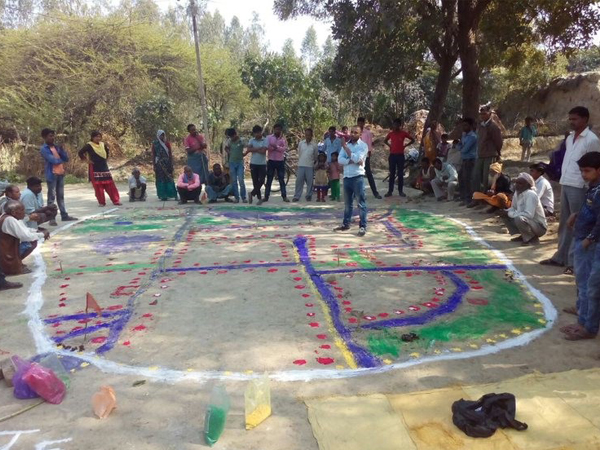
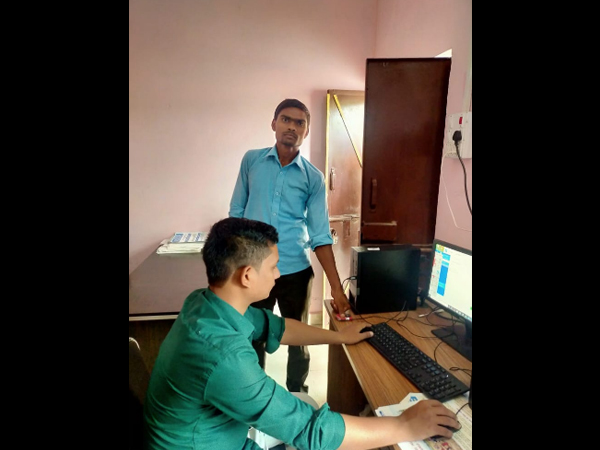
Service Delivery: To ensure that Gram Panchayat Bhawans function as units of service delivery for the community, Aadhar-based rural banking system called Samuday Jan Sewa Kendra (SJSK), Panchayat Learning Centre (PLC) and Centralized Addressing System have been established.
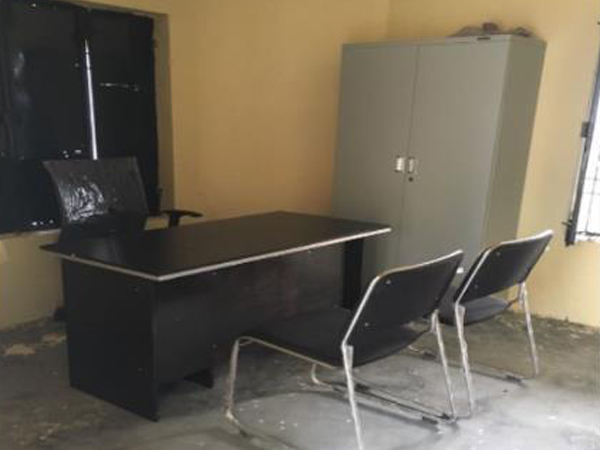
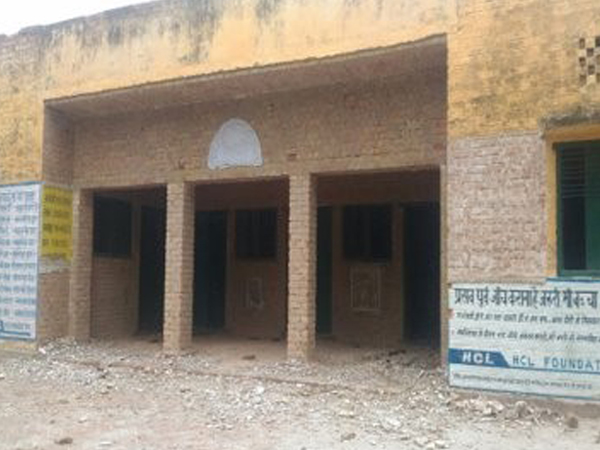
Training and Capacity Building of PRI Functionaries: Capacity building is critical for ensuring that PRI functionaries can discharge their duties well. It empowers Panchayats and improves the functioning of local self-government institutions. PRI functionaries are regularly supported with sessions on GPDP (process facilitation and plan formation through PRIs), role and responsibilities, Panchayati Raj act – 73rd constitution amendment, etc.
